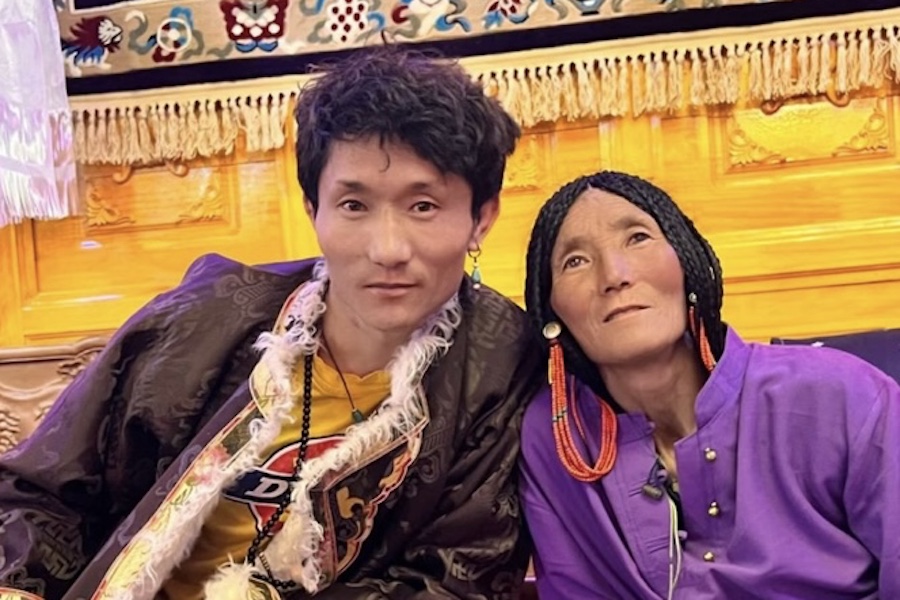By Tenzin Nyidon
DHARAMSHALA, Feb. 7: A Tibetan singer named Palden, 30, hailing from Yotak village, Dedha Township, Pema County in eastern Tibet, has been arbitrarily detained and sentenced to three years in prison following a secret trial in November last year, according to research group Tibet Watch. Palden’s arrest stemmed from his online performance of the song “Messenger of [Tibetan] Empire” during a singing contest in December 2022, which authorities deemed patriotic and therefore objectionable.
Palden’s arrest and subsequent secret trial in Golok prefecture were marked by irregularities, including an unusually swift trial process compared to past cases. Despite being interrogated extensively during his detention, Palden was denied a free and fair trial. Instead, he was informed by authorities at the prefecture level of his three-year prison sentence, without any legal documentation provided to him.
As of December 27, 2023, Palden is held incommunicado at a detention center in Pema County. Authorities have prevented his family from meeting him, further exacerbating concerns about his well-being and legal rights.
Palden gained popularity after ranking sixth in the December 2022 singing contest, earning admiration across Tibet for his sincere personality and the widespread sharing of his song “Remembering Mother.” Despite his online presence with 98.5K followers on a Chinese social media application, there have been no updates, including pictures or music, since March 26, 2023.
The case of Palden’s arbitrary detention and secret sentencing, highlights ongoing human rights abuses in Tibet, including the suppression of cultural expression and dissent. Chinese authorities continue to impose restrictions on Tibetan artists, writers, and intellectuals, arresting and sentencing them on various accusations. Singers Pema Trinley and Chakdor from the Meuruma nomadic village were secretly sentenced by a Chinese court in Ngaba, eastern Tibet, in February 2013. They were detained in July 2012, days after releasing their music album, “Agony of Unhealed Wounds,” which addressed the situation in Tibet, including self-immolation protests and songs praising the Dalai Lama, Panchen Lama, Kirti Rinpoche and former Sikyong Lobsang Sangay.
In 2020, Tibetan writer and poet Gendun Lhundrup was reportedly arrested in eastern Tibet’s Qinghai province. Known for his interest in preserving Tibetan culture, Lhundrup had released an anthology of poems called “Khorwa” and contributed to the website “Waseng-drak,” advocating for freedom of expression for writers and artists.’
Numerous writers, singers, and artists face long jail terms for promoting Tibetan national identity and culture. In 2016, writer Tashi Wangchuk was arrested for language advocacy and sentenced to five years in prison after a one-day trial in 2018. In June 2020, Tibetan singer Lhundrub Drakpa received a six-year sentence for his song “Black Hat,” released in March of the previous year. Drakpa spent over a year in pre-trial detention without access to legal representation. Additionally, prominent scholar Rongwo Gangkar, missing for over a year, was confirmed detained in early 2021 by Chinese authorities.










